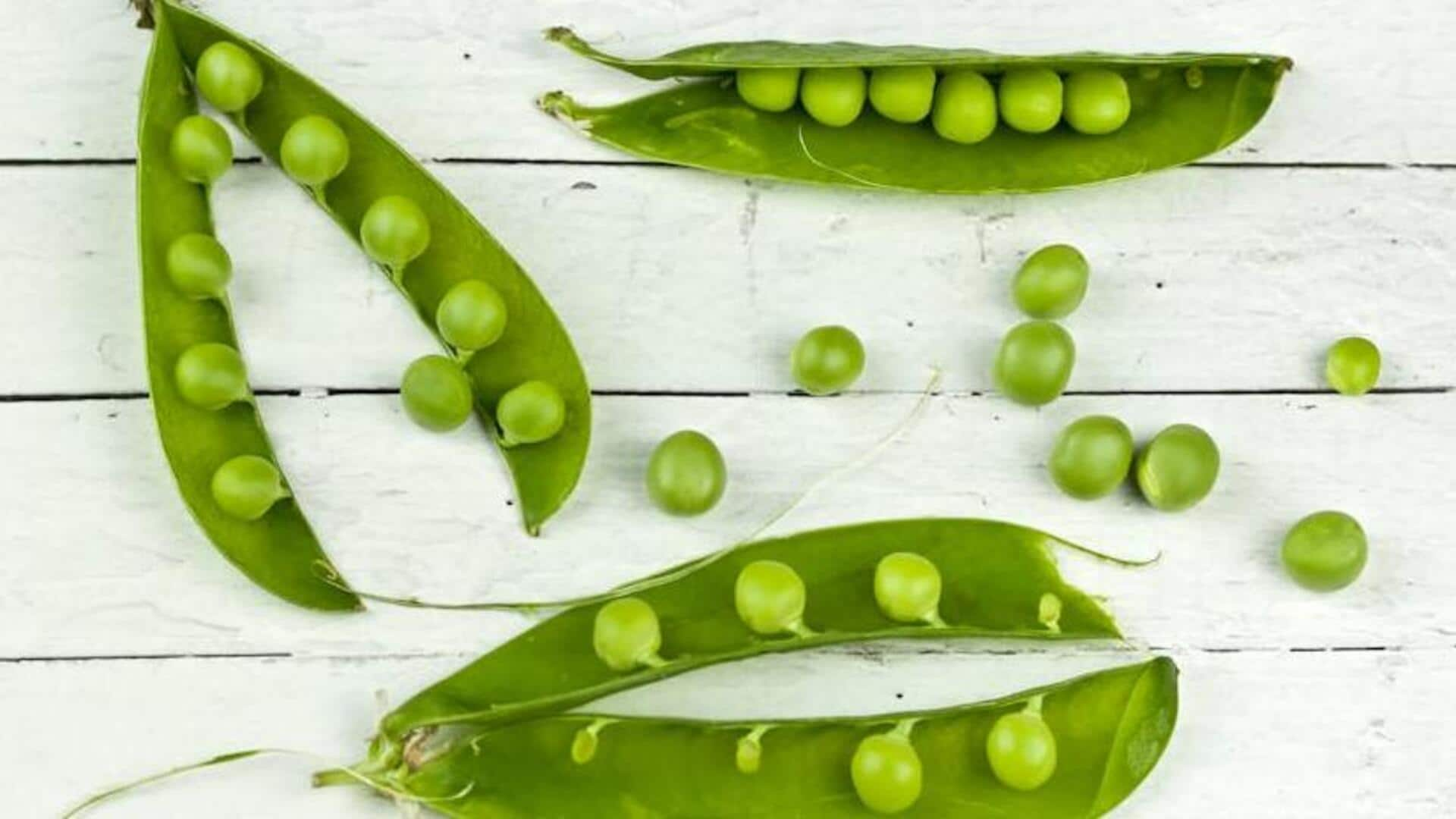
The pure potency of peas: A plant protein pioneer
What's the story
Peas have become the new superstar of plant-based protein, providing a sustainable and nutritious alternative to traditional animal proteins. Packed with essential vitamins and minerals, peas are not only versatile in the kitchen but also offer a plethora of health benefits. This article explores the nutritional powerhouse that is peas, their positive impact on the environment, and how you can easily add them to your everyday meals.
Nutritional profile
A nutritional powerhouse unveiled
Peas are surprisingly high in protein. With about eight grams per cup, they're a great option for vegetarians and vegans. They also contain plenty of fiber, vitamins A, C, K, and several B vitamins. Plus, peas offer essential minerals like iron, magnesium, phosphorus, zinc, copper, and manganese. And, with their low calorie content, they're a fantastic addition to any diet.
Sustainability
The environmental footprint of peas
Growing peas is way more environmentally friendly than raising animal-based proteins. They use less water and land, and produce fewer greenhouse gases. Peas can even fix nitrogen from the air into the soil, eliminating the need for synthetic fertilizers that are harmful to the environment. So, they are not only good for our health but also for the planet.
Culinary uses
Incorporating peas into your diet
Peas can be used fresh or frozen in a variety of dishes, including soups, salads, curries, and stir-fries. They can also be blended into smoothies for an extra boost of protein. Split peas are a crucial ingredient in split pea soup and dhal, a staple of Indian cuisine. Pea protein is often used as a base for plant-based burgers and vegan products, providing a meat alternative.
Market value
The economic aspect of pea production
The global market for pea protein is booming, fueled by its appeal to health-conscious consumers and those following plant-based diets. As demand skyrockets, so does its economic worth, transforming it into a highly lucrative crop for farmers worldwide. Advancements in food technology are improving its texture and taste as a meat alternative, further cementing this trend's growth.
Selection and storage
Tips on selecting and storing peas
When selecting fresh peas, look for pods that are firm and bright green, which signifies freshness. For storage, keep them unshelled in the refrigerator, they can stay fresh for up to seven days. Frozen peas offer convenience as they're harvested at peak ripeness, which allows for longer preservation of their nutritional value. For maximum freshness, keep them frozen until usage and avoid repeated thawing.